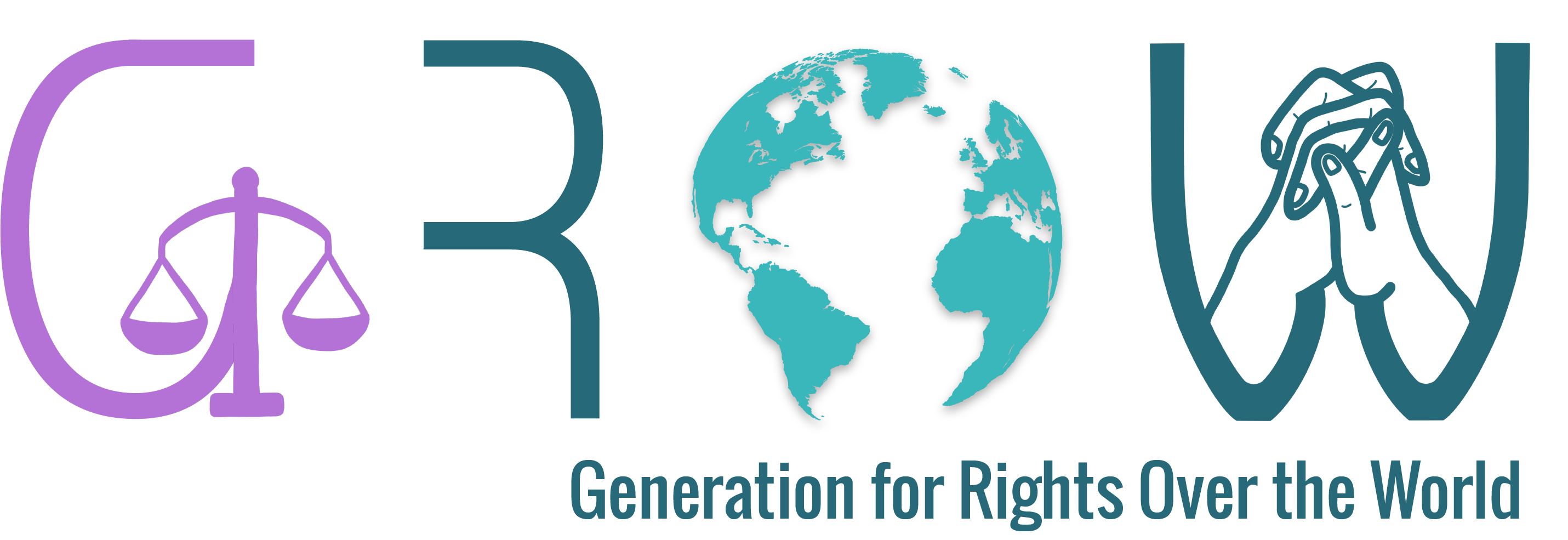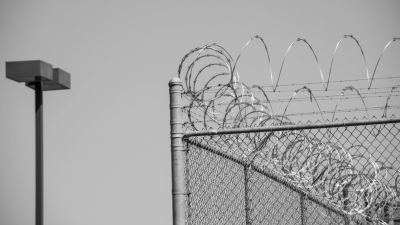
Article 2 of the French Constitution of October 4, 1958 (currently in force):
“France is an indivisible, secular (laïque), democratic and social Republic. It ensures the equality before the law of all citizens without distinction of origin, race or religion. It respects all beliefs.
The language of the Republic is French.
The national emblem is the tricolour, blue, white and red flag.
The national anthem is “La Marseillaise”.
The motto of the Republic is “Liberté, Égalité, Fraternité” (Liberty, Equality, Fraternity).
Its principle is: government of the people, by the people and for the people”.
It is one of the symbols of the nation and of the French Republic, it appears on public buildings, it is taught and explained to French people from a very young age, it complements the flag and the anthem. It contributes to France’s reputation as the “pays des droits de l’Homme” (“country of human rights”). The French motto has existed since 1848 (2nd Republic) and is inspired by the principles of the 1789 Declaration of the Rights of Man and the Citizen.
Why Liberté – Égalité – Fraternité (Liberty – Equality – Fraternity)?
First, let us look at the first two terms: “Liberty” and “Equality”. Freedom, according to the Larousse dictionary, is the “state of someone who is not subject to a master; the situation of someone who determines themselves outside any external pressure or prejudice; the possibility of acting according to one’s own choices, without having to refer to any authority”. Still, according to the Larousse, equality is the “absence of any discrimination between human beings, in terms of their rights”. The choice of these two words therefore seems logical and legitimate, reflecting the democratic and inclusive values that France claims and aspires to embody. They are both inspired by Article 1 of the 1789 Declaration of the Rights of Man and of the Citizen, which states that “men are born and remain free and equal in rights”. Furthermore, in the current Constitution, Article 1 states that “It (France) ensures the equality before the law of all citizens without distinction of origin, race or religion”. So far, so good, these are strong words, without equivalent, representing fundamental principles, for the respect of human dignity, and thanks to which I can feel proud to belong to this nation. As a woman of French nationality, born in France and raised in France, I feel represented and concerned by these words, I know that they apply to me, that they are fundamental rights that I have as a French citizen.
Let us now turn to the third and last part of this motto: “Fraternity” (“Fraternité”). Unlike equality and liberty, fraternity is not mentioned in the 1789 Declaration of the Rights of Man and the Citizen. It appeared for the first time in the French Constitution of the 4th of November 1848, then in the Constitutions of 1946 and 1958. According to the Larousse, fraternity is “the bond of solidarity that should unite all members of the human family; the feeling of this bond; the bond that exists between people who belong to the same organisation, who participate in the same ideal”. This is a nice value, isn’t it? But then, why would anyone want to change it? Another definition given is “who has brotherly feelings for someone”. In French, “fraternity” is “fraternité” deriving from “frère” (“brother”). Do you see my concern with fraternity now?
Of course, in its actual use, the notion refers to “togetherness” (“vivre ensemble”, tolerance, respect for the other). But words have a meaning, and above all an impact on those who read and learn them (see the article “The Performativity of Language”). In France, we must respect the rights of “Man” (“les droits de l’homme”) and be fraternal. This is what we are taught. Representation in language is fundamental, it participates in our construction, in our image of ourselves and of others, which is why, in GROW, since our creation, we have decided to use inclusive writing. For example, in French, we do not use “droits de l’Homme” (literally “rights of the Man”, as it is commonly used by many institutions), but “droits humains” (literal translation of “human rights”). Today, the use of “Homme” (“Man”), with a capital “H”, is justified as referring to humanity. But remember that in 1789, in the Declaration of the Rights of Man and of the Citizen, it was only a question of men, women being still considered as eternal minors, a situation that remained similar in 1848, when the term fraternity was chosen.
How to make this motto more inclusive?
First option: we rebalance by using the feminine equivalent for the next 170 years… Fraternity/Brotherhood, coming from “frère” (brother), sisterhood, coming from sister, defined as the “attitude of feminine solidarity”, would thus be its feminine. “Freedom, Equality, Sisterhood”. Not bad, is it? It is not really desirable, we would rather like a real representation of an inclusive togetherness, in which everyone feels concerned and considered.
Second option then, although little known and used, the French language includes a neutral term for brother and sister: “adelphe”. According to the Orthodidact website, it is “a word from ancient Greek […] used to designate a child with the same parents as the speaker. […] Until recently, the word adelphe was rarely used in this sense, but it has been taken up by the LGBT+ community because it has the particularity of designating a person without indicating their gender”. Its derivative would therefore be “adelphité”, covering both brotherhood and sisterhood. We would then end up with “Liberté, Égalité, Adelphité”. Many feminists militate for this usage, it is notably the motto of the feminist association Les Chiennes de garde.
In 2018, the High Council for Equality between Women and Men (HCEfh) presented proposals for a Constitution guaranteeing equality between women and men. Among its nine recommendations, the HCEfh suggested a reflection on the use of the term “fraternité” in the motto of the Republic, suggesting alternatives such as “adelphité”. The proposal also mentioned the possibility of the term solidarité (solidarity), which is my third and last option.
Indeed, the fact that the word “adelphité” is recent and little used could be an understandable obstacle to its adoption. On the contrary, solidarity is a common term, more consensual, and whose definition, “the relationship existing between people who, having a community of interests, are linked to each other” (Larousse) corresponds to the sense of togetherness that the third word of the French motto is intended to embody. Clémentine Autain already suggested, more than 20 years ago: “Does fraternity have a place in the motto of the Republic? Why not prefer “solidarity”, which is implied in fraternity, but does not fall into any of these pitfalls?” (“Sororité”, column for L’Humanité, 26 October 2000).
So this is my conclusion, for an inclusive French motto, which represents the whole of its population, makes it proud and makes it want to defend and apply its values:
Liberté, Égalité, Solidarité !







